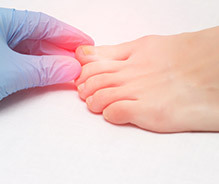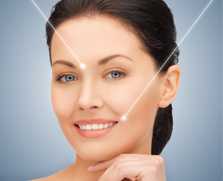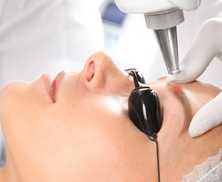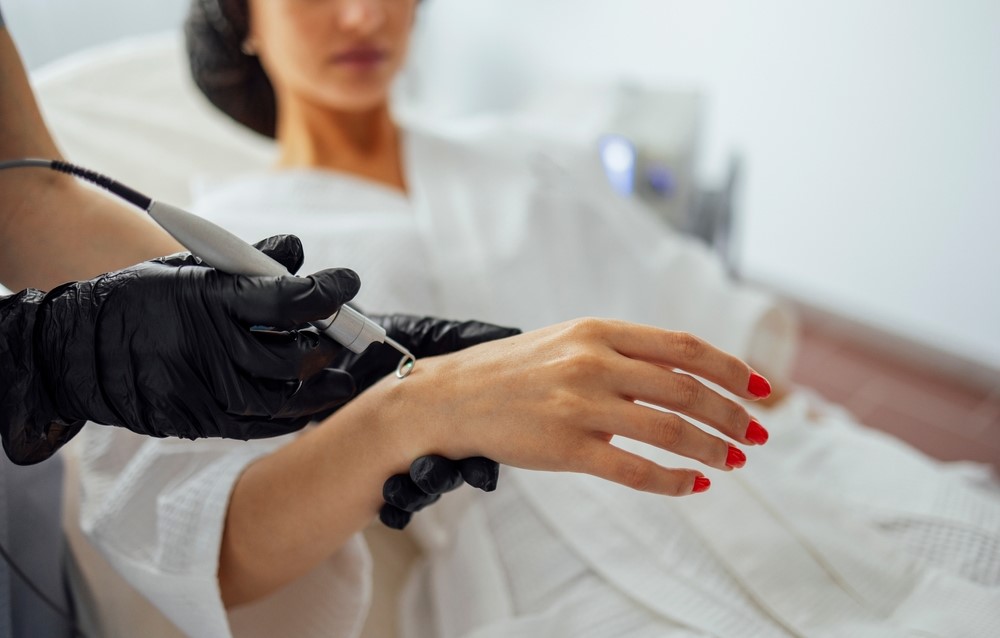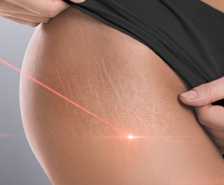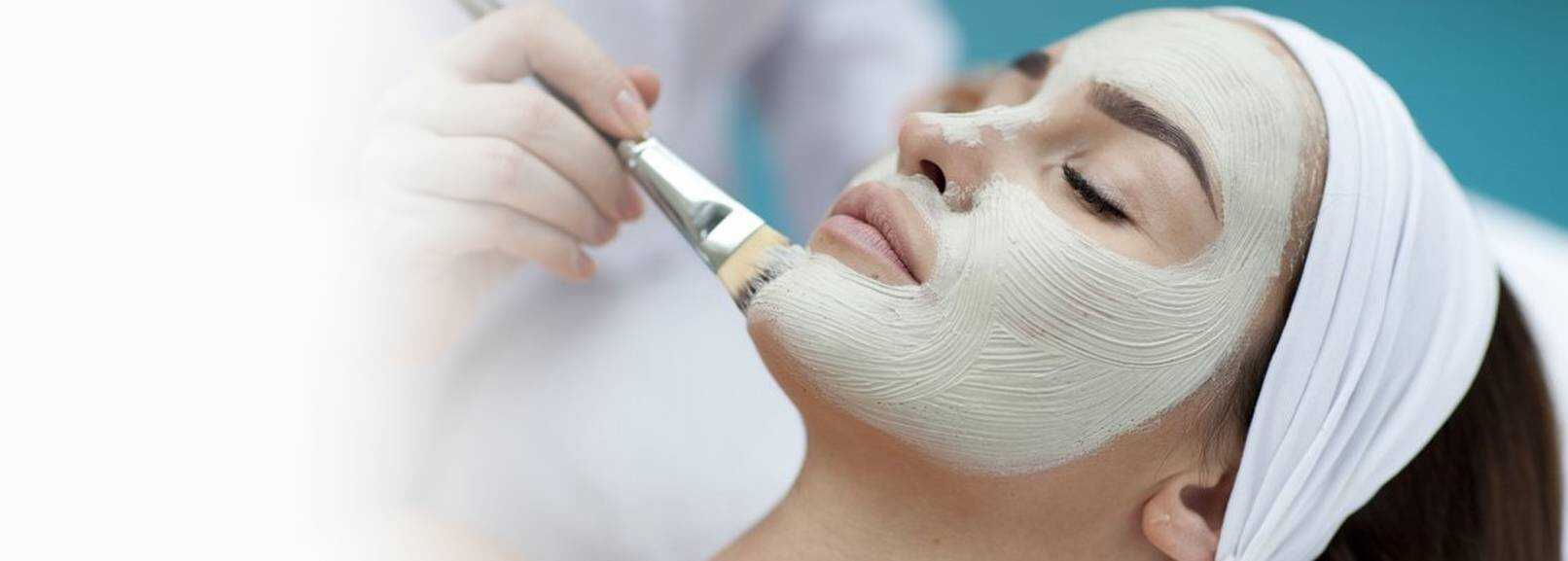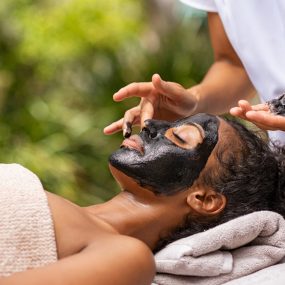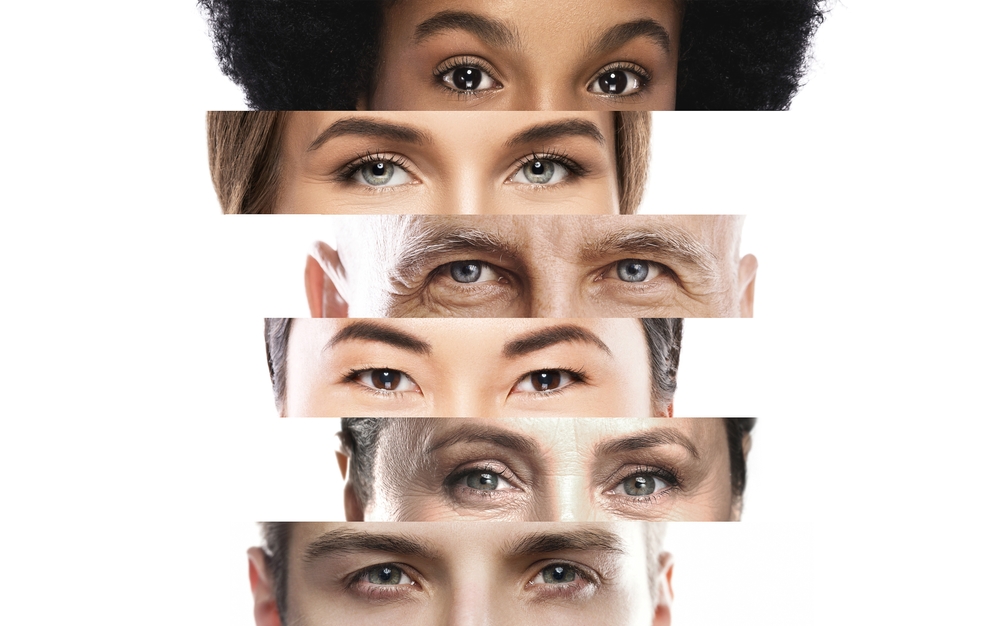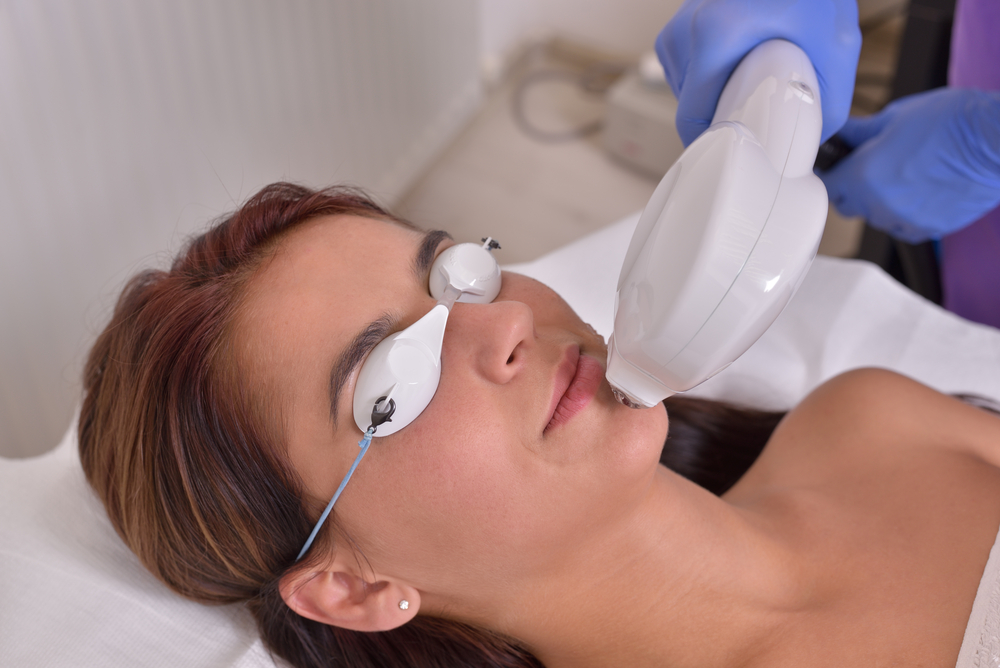Hyperpigmentation and acne scars, while being two different issues, are essentially two sides of the same coin. They can both flare up on the skin and, without treatment, can hang around like unwanted guests.
To explain why this is we first have to explain the difference between these terms. Here at the Laser Treatment Clinic, we see these issues all the time and are proud to be able to offer the latest treatments.
Acne Scars
These are either deep scars or blemishes or can be raised bumps. They are caused by a number of things – bacteria, cysts or inflammation, and frequently, they are caused or made worse by picking at them. Acne scars become a problem when not enough collagen is produced to heal them.
Hyperpigmentation
This is an umbrella term to explain discolouration of the skin ranging from melasma to age – commonly known as liver – spots. Melasma is seen as patches, spots or larger areas which are darker in colour than your natural skin tone and results partly from hormonal changes within the body. It is this which differentiates it from hyperpigmentation.
Pigmentation is the natural colouration of the skin produced by melanin in the skin cells, and too much melanin results in darker spots on the skin. Melanin is stored in the upper layers of the skin and where acne scars occur you will see a concentration of darker pigmentation which can have the effect of highlighting the appearance of the scars.
Essentially, the difference between the appearance of acne scars and pigmentation lies in the texture of the skin. Scarring presents as an obvious change in the skin, as in pitting or raising, whilst pigmentation does not always change the texture of the skin, just the colouration, although an excess of pigmentation can cause slightly raised skin.
Acne-related Hyperpigmentation
This condition presents as dark patches over a scar and develops after a scar or blemish has tried to heal. This is often referred to as post-inflammatory hyperpigmentation. As the skin tries to heal itself and form new skin cells it is often the case that the cells which are deployed to help the healing process contain too much melanin. The result is a darker patch of skin on top of the acne scar.
It is important to remember that picking at or squeezing your acne scars is likely to prolong inflammation and can increase your chances of developing post-inflammatory hyperpigmentation. People with naturally darker skin are more prone to this condition.
Can This Be Treated?
Darker skin spots can sometimes fade to a point on their own over time, but this is not always the case and may take anywhere from 3 months to several years to happen. Fortunately, there are a number of treatments available to banish both acne scars and pigmentation blemishes, including laser treatments and natural skin peels, depending on the severity of your condition.
If you’re unhappy with pigmentation and scarring, why not book a consultation with a member of our team at The Laser Treatment Clinic to find out what your options are?




